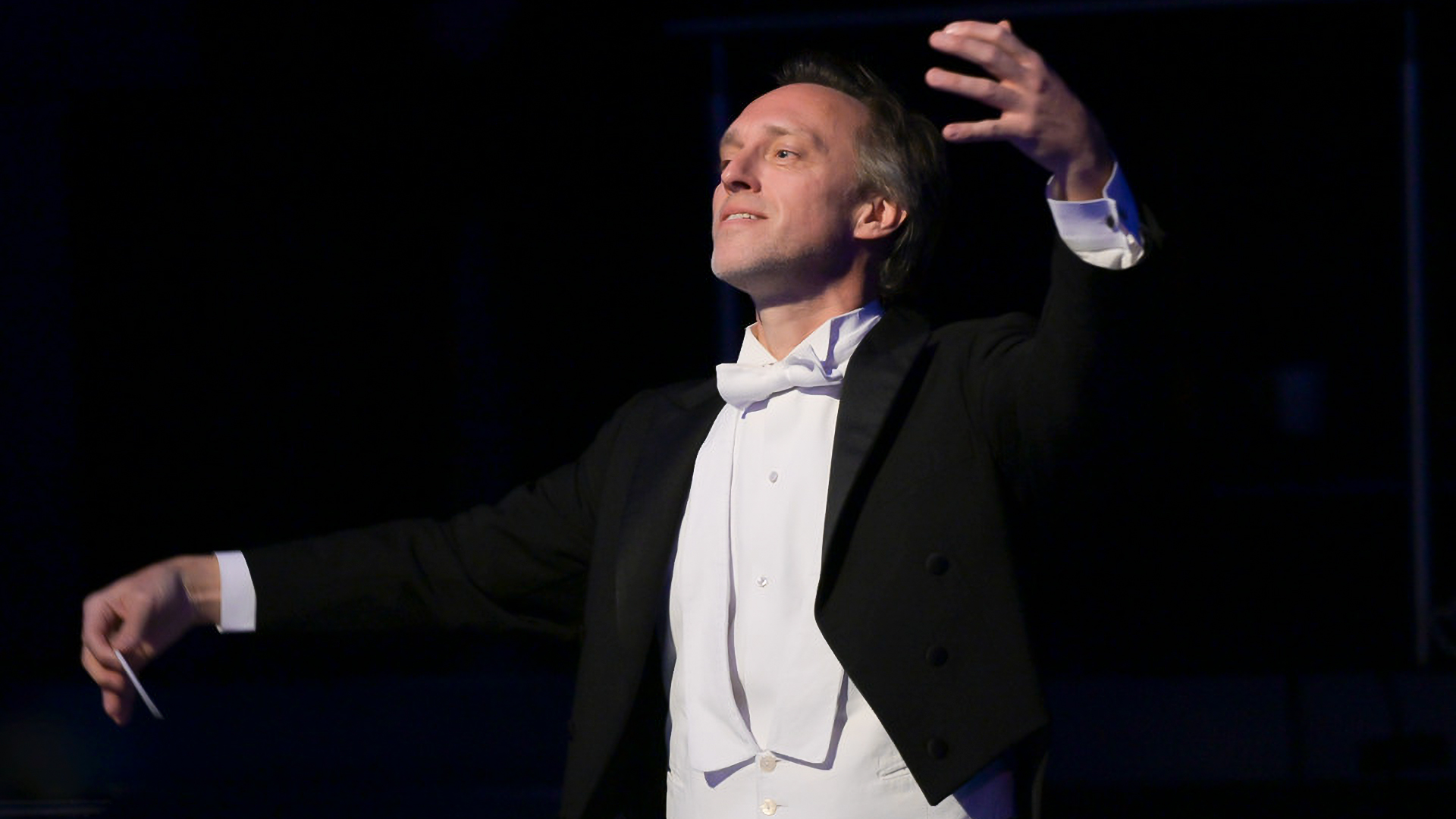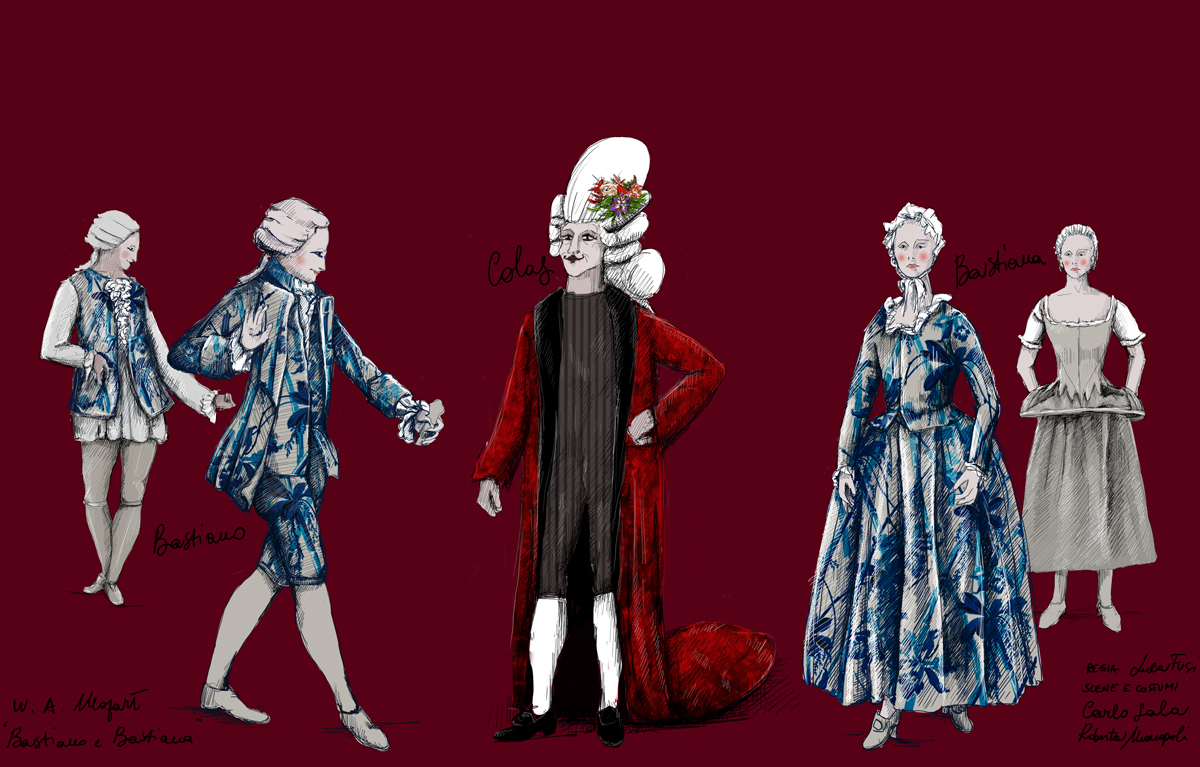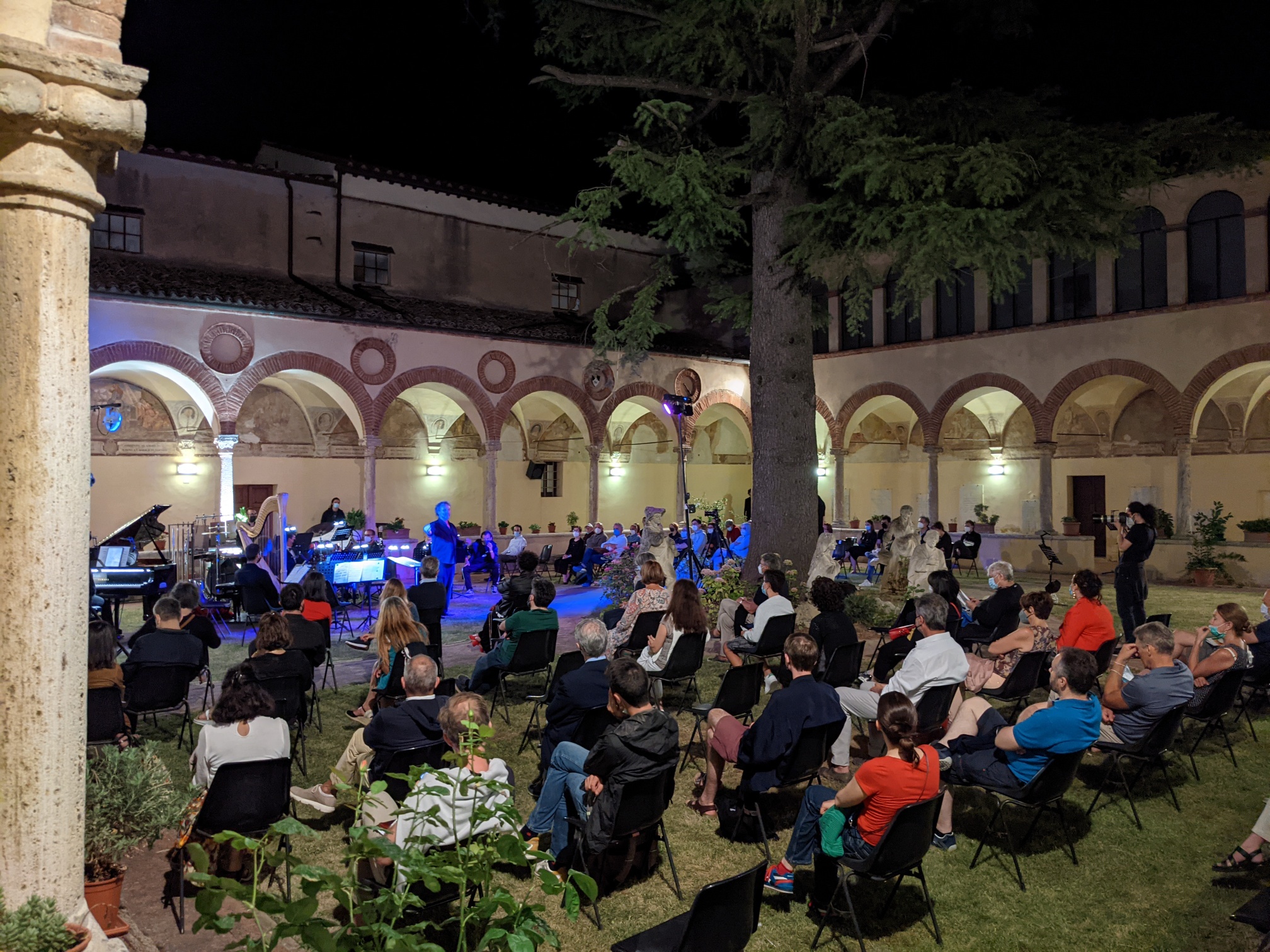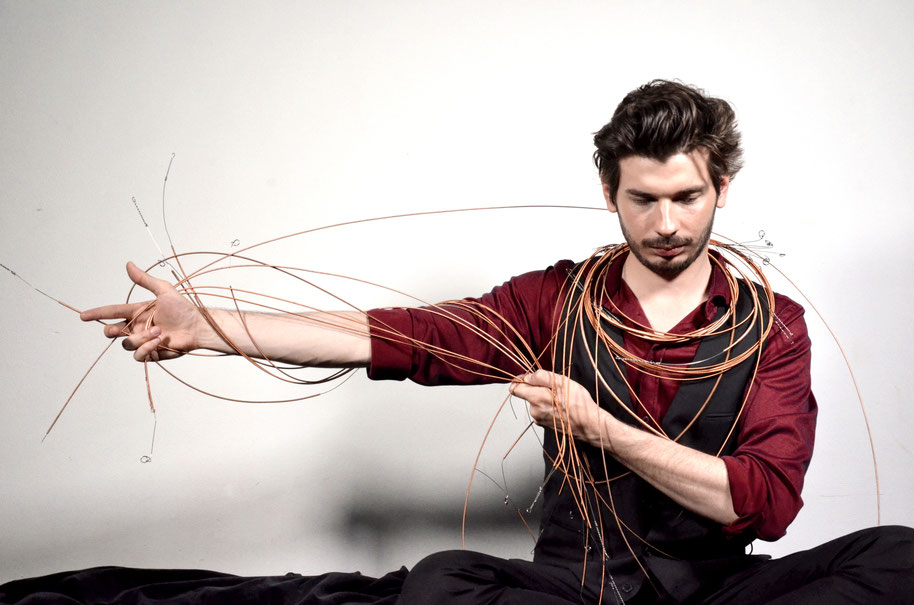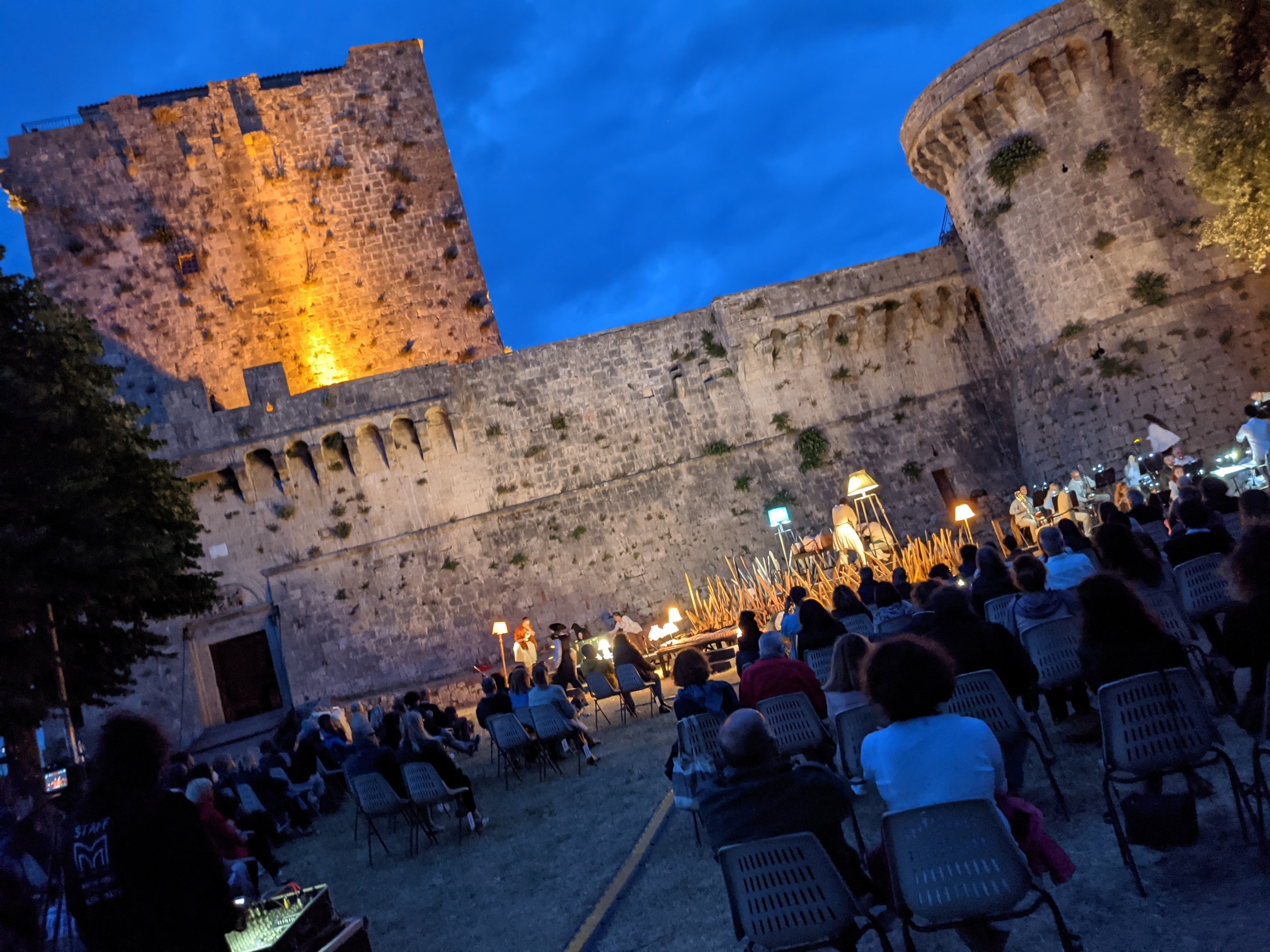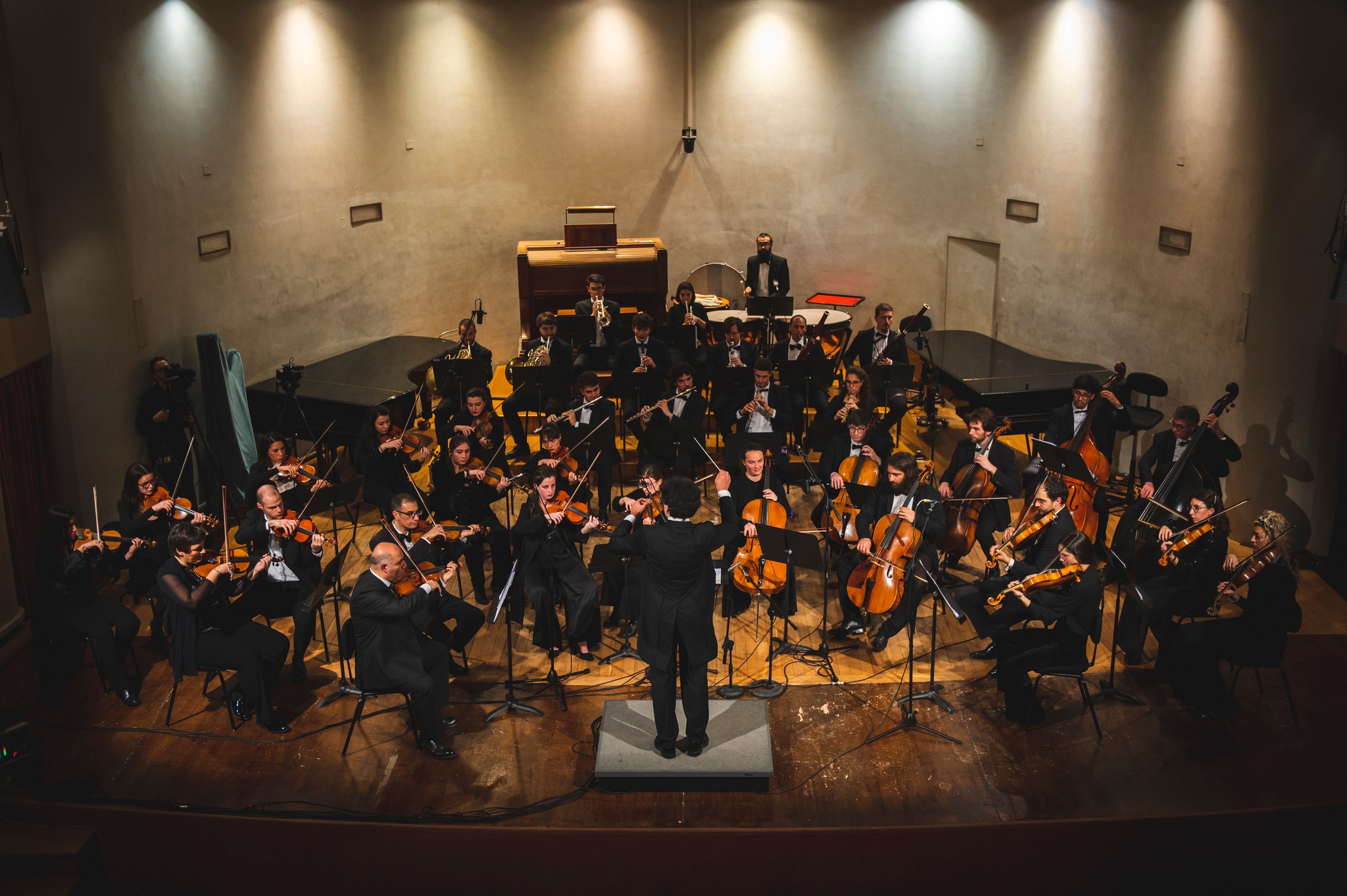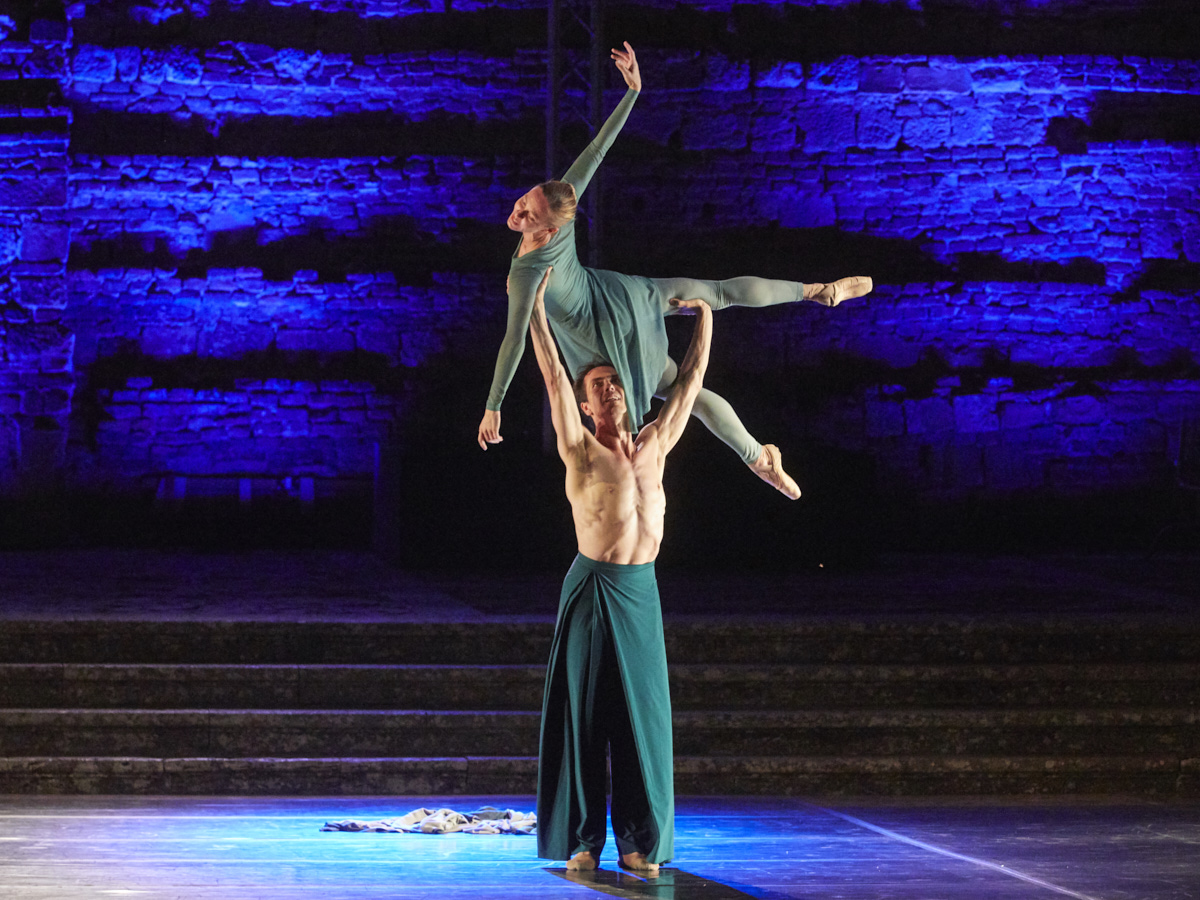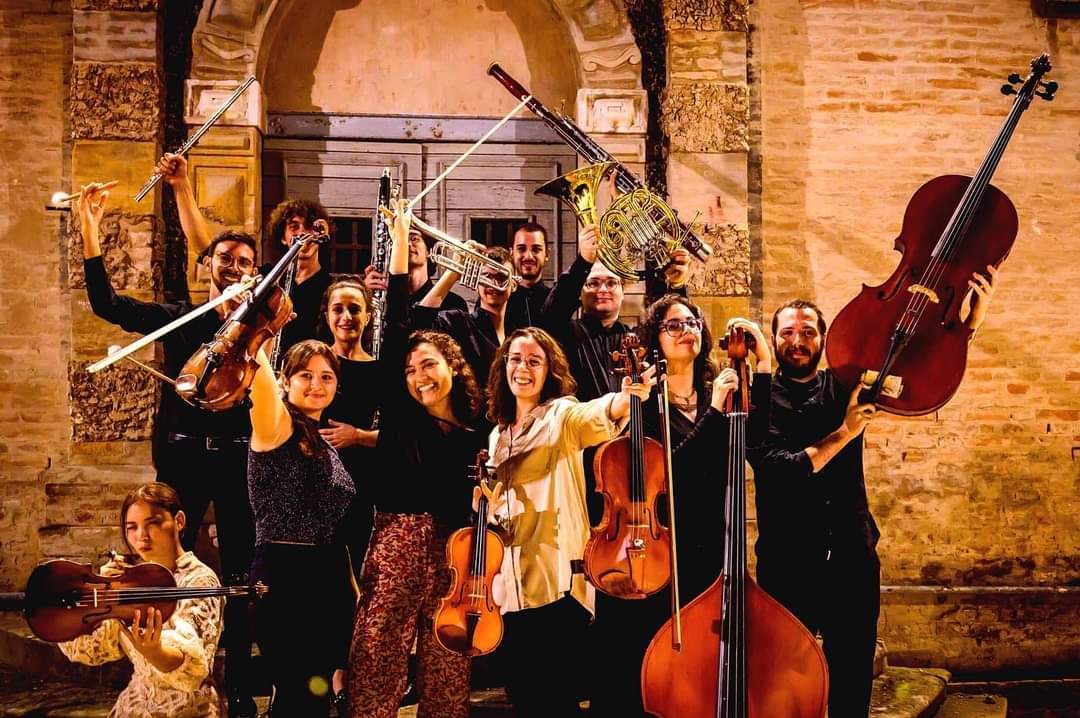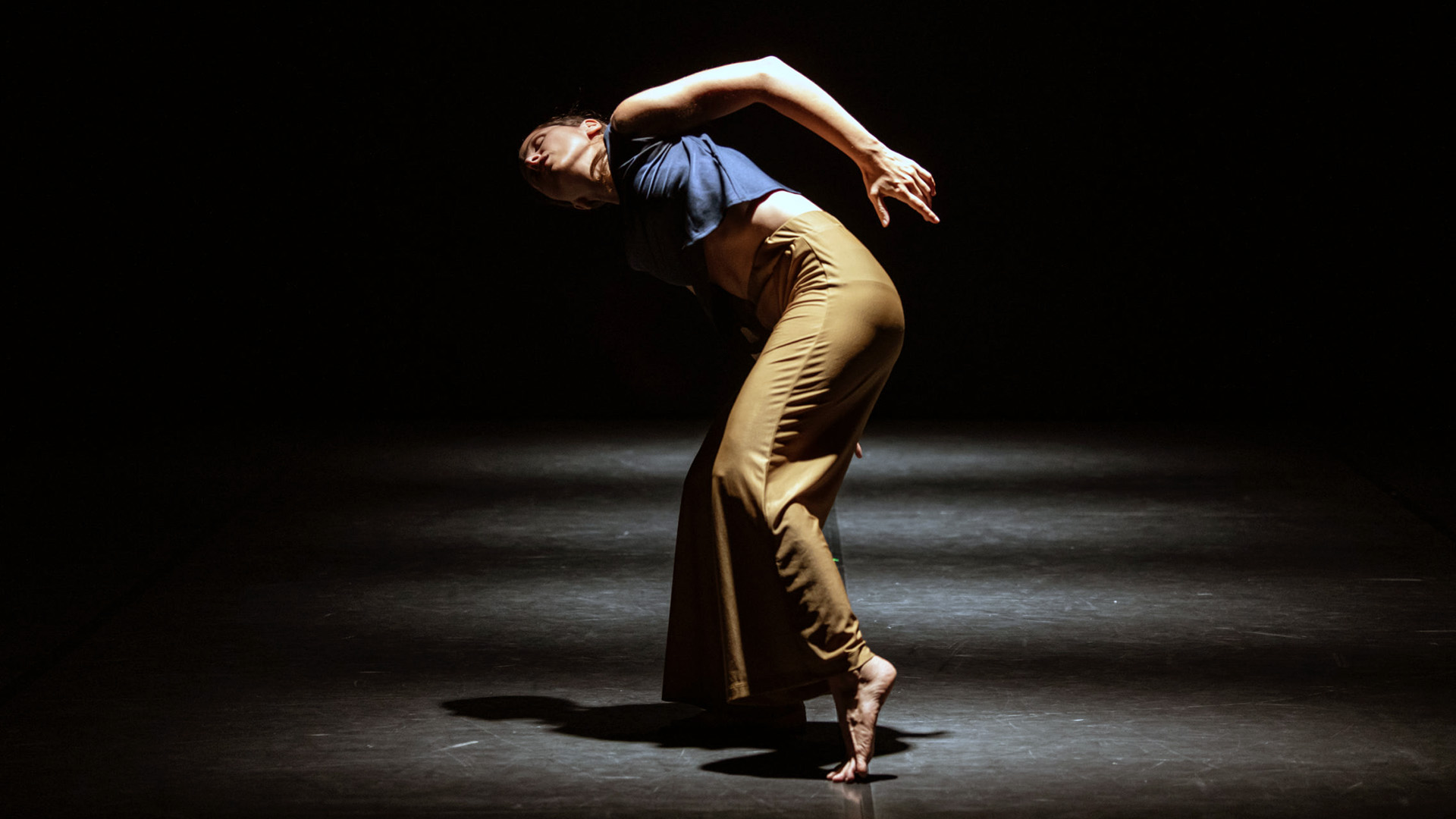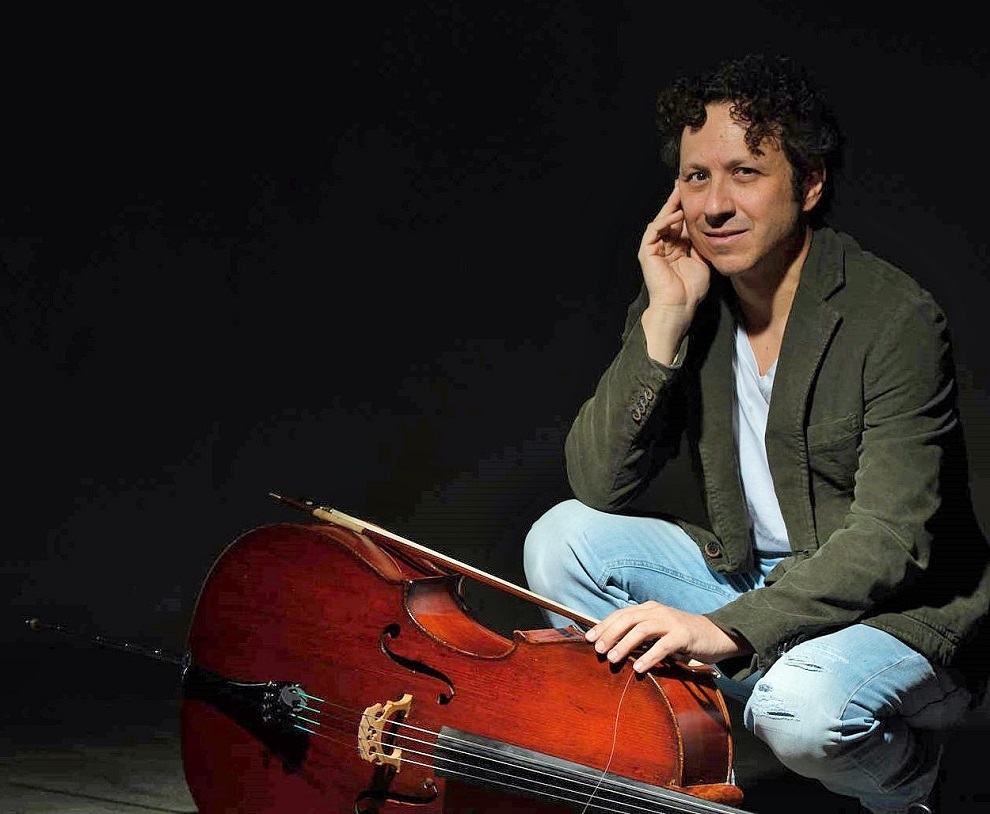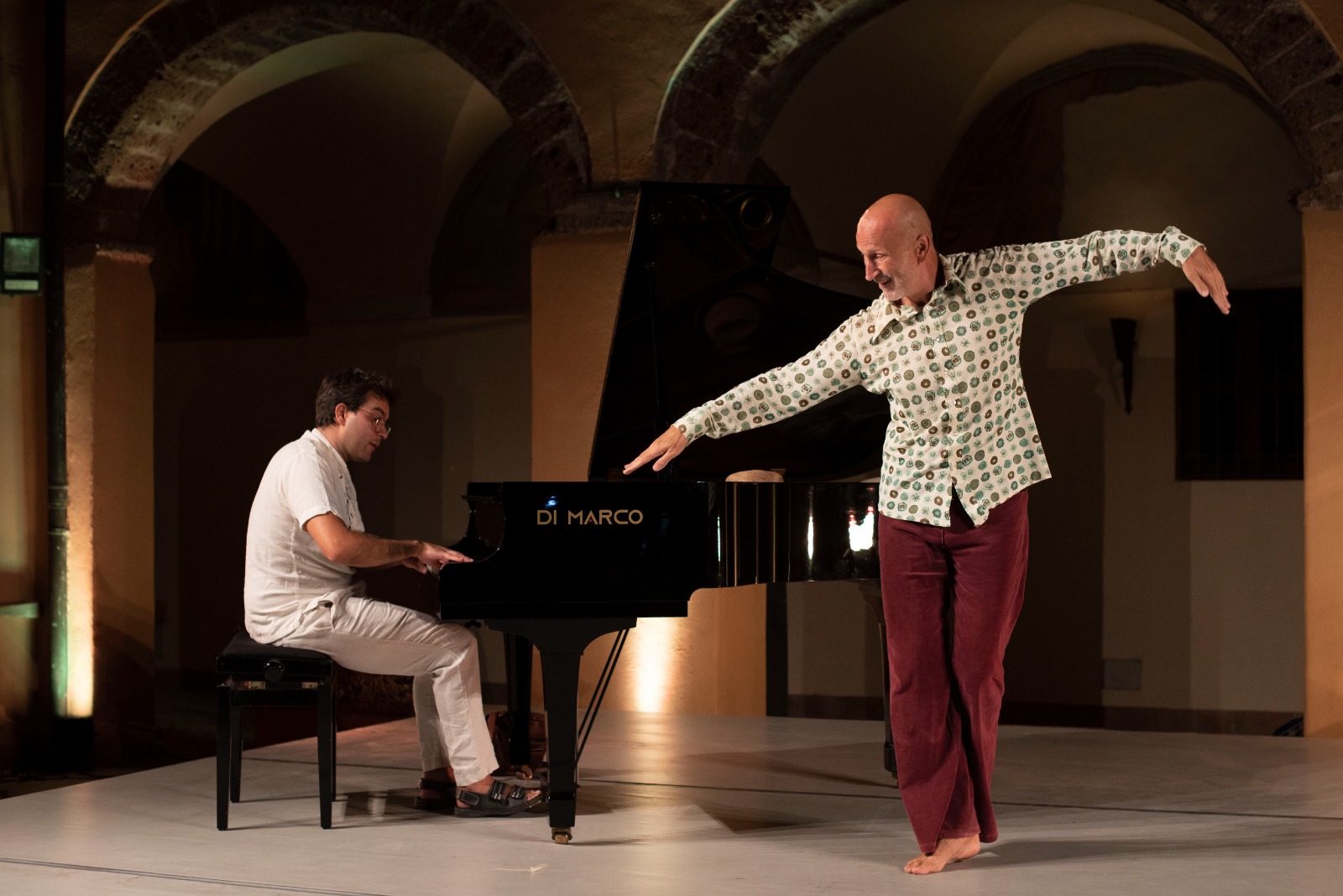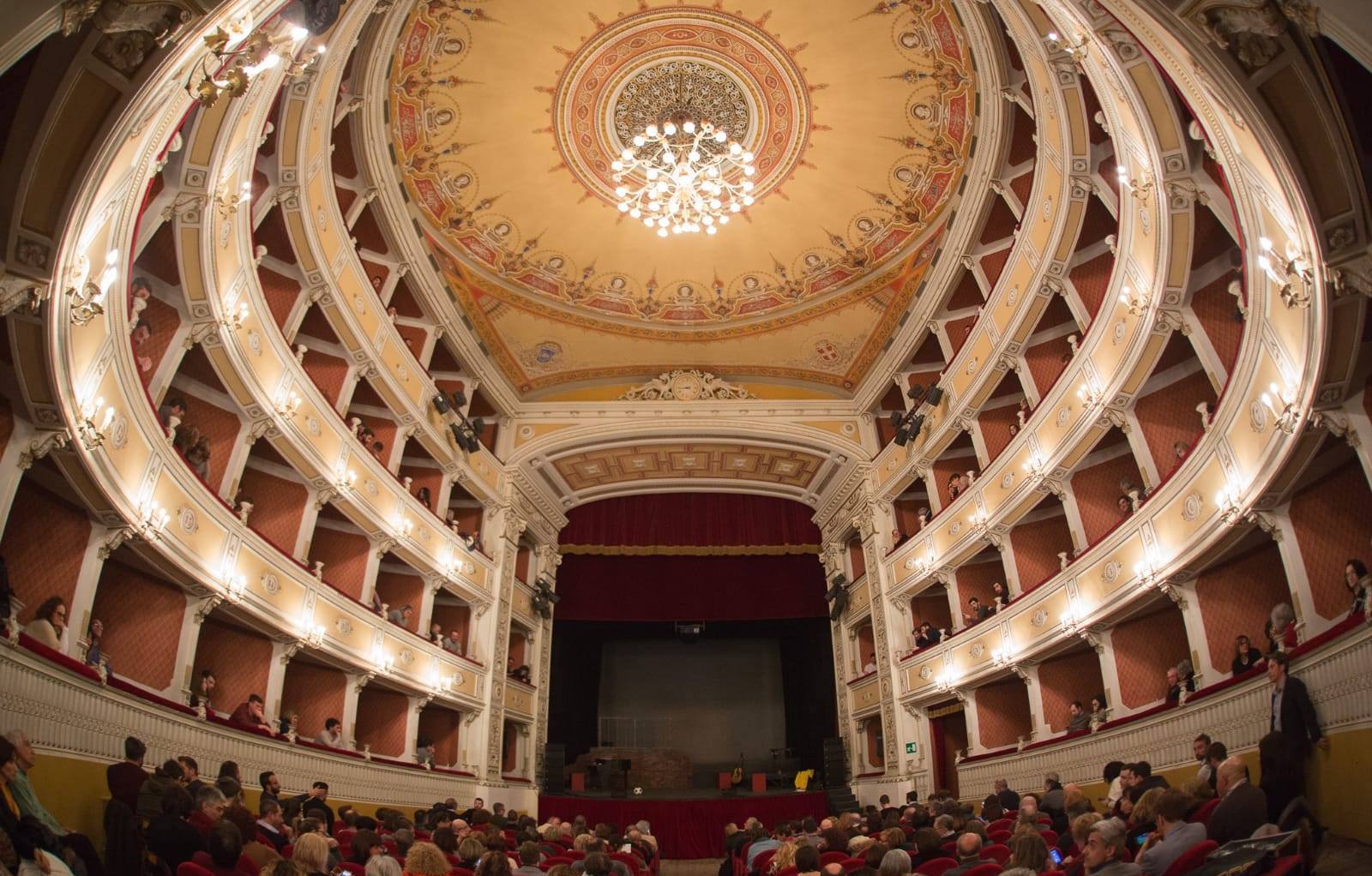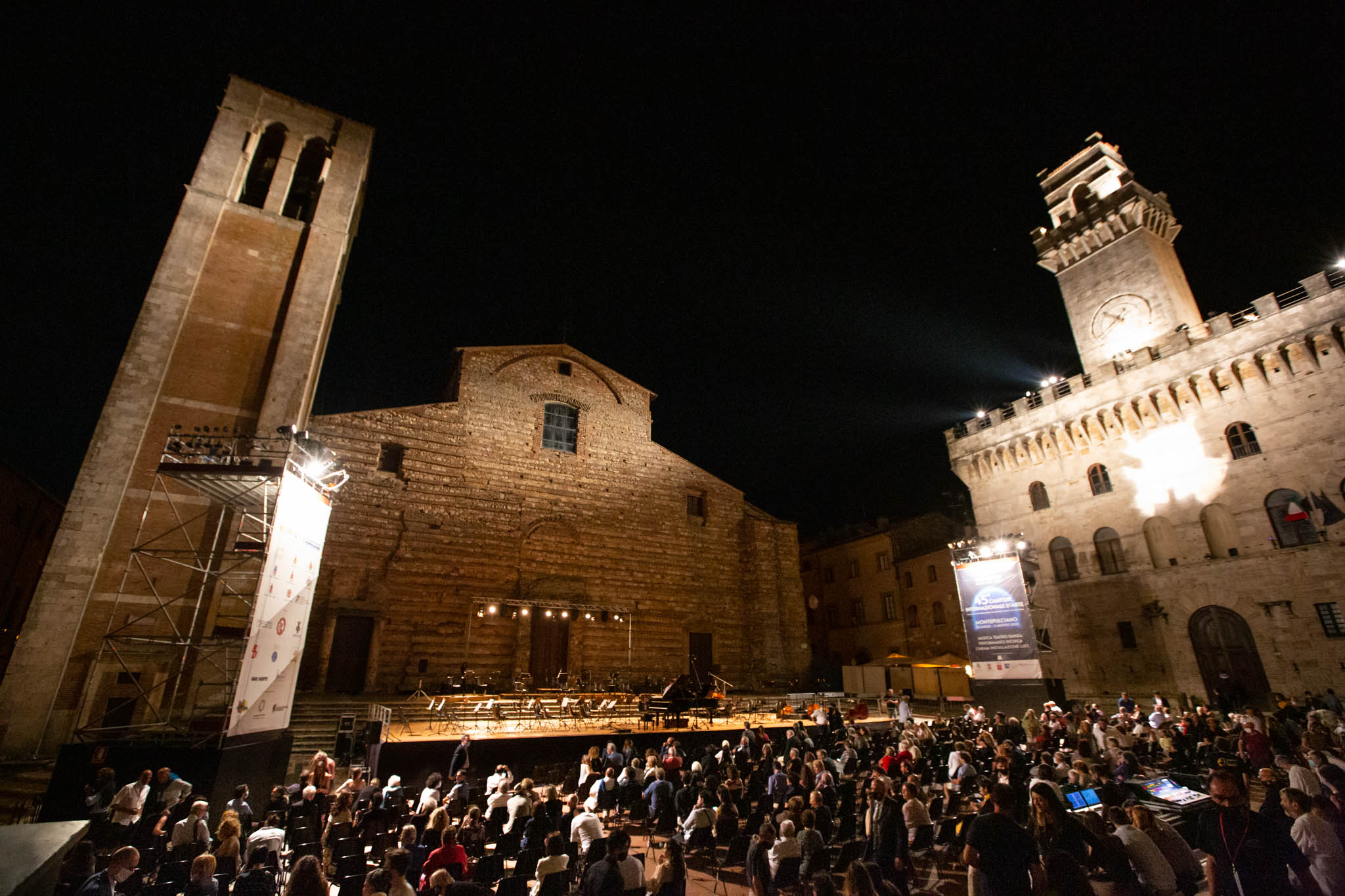L'UOMO IN RIVOLTA
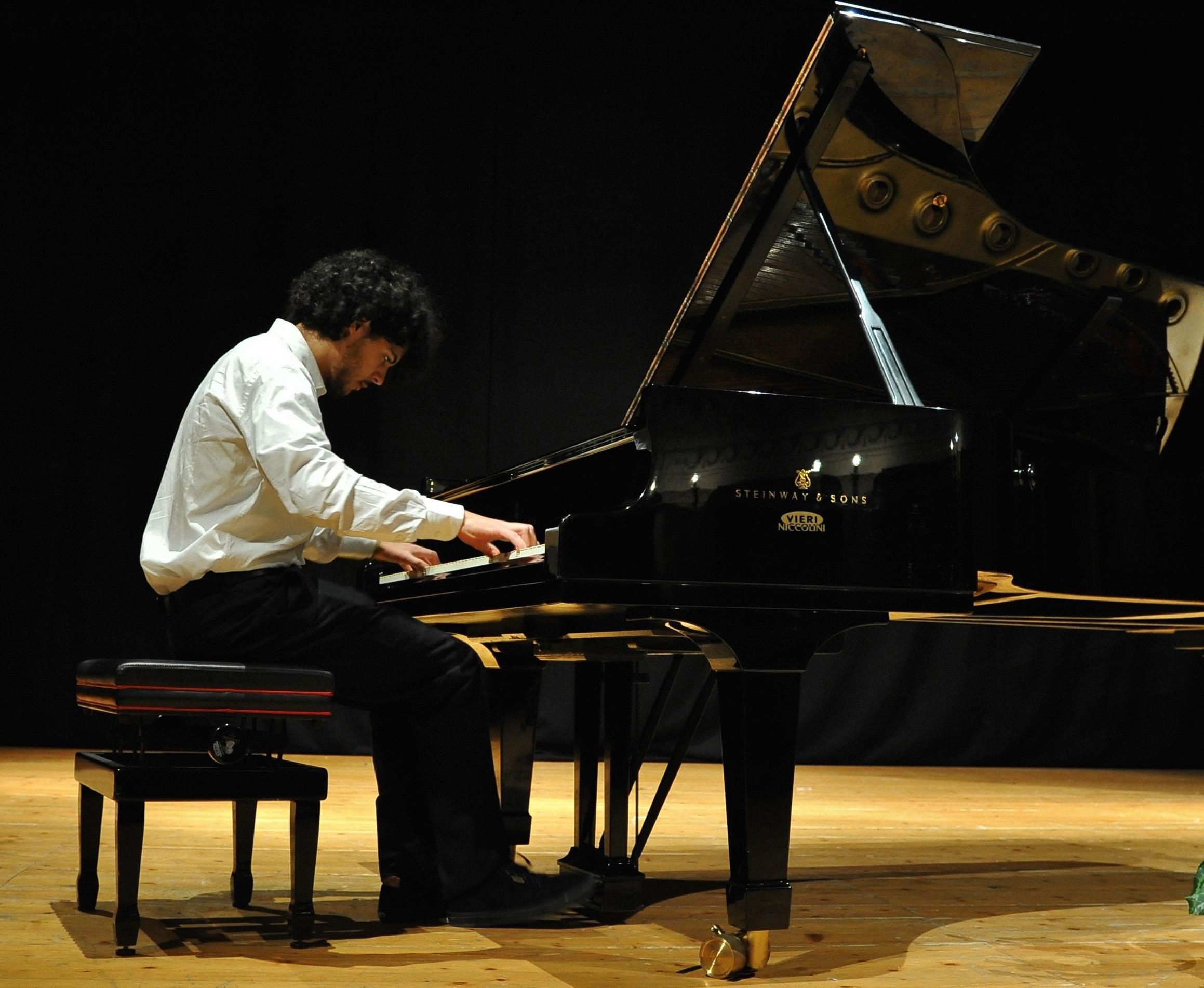
MONTEPULCIANO - Cortile delle Carceri
Venerdì 29 luglio, ore 18.30
L'UOMO IN RIVOLTA
Jacopo Petrucci pianoforte
Vincitore Concorso Arezzo 50&Più
György Ligeti (1923-2006)
da Études
n. 5 “Arc-en-ciel”
n. 8 “Fém”
n. 10 “Der Zauberlehrling”
Aaron Copland (1900-1990)
Variazioni
Sergej Prokofiev (1891-1953)
Sonata n. 8 op. 84
Andante dolce/Allegro moderato
Andante sognando
Vivace
È possibile intavolare un dialogo tra i compositori simbolo delle due culture - apparentemente - antitetiche del “secolo breve”? Esiste un legame tra un compositore come Aaron Copland, che con Leonard Bernstein e Samuel Barber fu tra i fondatori della scuola compositiva americana del ‘900, e l’enfant terrible del mondo musicale sovietico? Questo programma propone un punto di contatto: la forza delle loro individualità. A guardare oggi il catalogo delle opere di Aaron Copland, infatti, le sue “Variazioni per pianoforte” saltano all’occhio come una singolarità: ancora lontano dagli influssi del jazz e della musica folklorica americana che lo renderanno celebre e riconosciuto, questo pezzo del 1930 (che sarà fonte di enorme stupore per un giovane Leonard Bernstein) trasuda insofferenza verso il mondo della tradizione musicale europea e si configura come il risultato di una volontà di sperimentazione “a tinte forti” che rifugge dalla facile mediazione nei confronti del pubblico. Non adottare elementi della cultura popolare e non considerare il concetto di mediazione verso il pubblico furono le critiche ricorrenti rivolte a Sergej Prokofiev da parte del regime staliniano verso tutte quelle opere del suo catalogo che si allontanavano pericolosamente dall’estetica del “realismo socialista”, estetica sfidata a viso aperto sia da Prokofiev che da altri compositori (come Dimitri Shostakovich) che per tutta la vita furono costretti a oscillare tra il riconoscimento della gloria in patria e la ricezione di pubbliche accuse di intellettualismo dovute alla loro volontà di continuare a utilizzare forme “pre-rivoluzionarie” come la Sonata, trattata in questo caso da Prokofiev come mezzo di espressione per grandi narrazioni ambientate nel mondo in guerra che lui aveva ben conosciuto. Apre il programma uno dei pochi compositori che riuscì a fare esperienza di vita sotto entrambi i blocchi: György Ligeti infatti, dopo una lunga formazione avvenuta in Ungheria, riuscì a oltrepassare il confine e a stabilirsi in Austria. Nei suoi Études per pianoforte è proprio la forza della sua individualità che riesce a conciliare i tratti melodici tipici della vocalità popolare tzigana alle complesse strutture compositive delle avanguardie europee. Jacopo Petrucci
Is it possible to engage in a dialogue between the symbolic composers of the two - seemingly - antithetical cultures of the "short century"? Is there a connection between a composer like Aaron Copland, who with Leonard Bernstein and Samuel Barber was among the founders of the 20th century American school of composition, and the enfant terrible of the Soviet musical world? This program proposes a point of contact: the strength of their individualities. Indeed, looking today at Aaron Copland's catalog of works, his "Variations for Piano" jumps out at you as a singularity: still far from the influences of jazz and American folk music that would make him famous and recognized, this 1930 piece (which would be a source of enormous astonishment for a young Leonard Bernstein) exudes impatience with the world of European musical tradition and is the result of a desire for "strong-toned" experimentation that eschews easy mediation with the public.
Avoiding to adopt elements of popular culture and disregarding the concept of mediation toward the audience were the recurrent criticisms levelled at Sergei Prokofiev by the Stalinist regime toward all those works in his catalog that strayed dangerously far from the aesthetics of "socialist realism." An aesthetic challenged head-on by both Prokofiev and other composers (such as Dimitri Shostakovich) who throughout their lives were forced to oscillate between recognition of glory at home and receiving public accusations of intellectualism due to their willingness to continue to use "pre-revolutionary" forms such as the Sonata, treated in this case by Prokofiev as a means of expression for grand narratives set in the wartime world he had come to know well.
Opening the program is one of the few composers who managed to experience life under both blocs: György Ligeti in fact, after a long training that took place in Hungary, managed to cross the border and settle in Austria. In his Études for piano it is precisely the strength of his individuality that manages to reconcile the melodic traits typical of Gypsy folk vocals with the complex compositional structures of the European avant-garde. Jacopo Petrucci
 Sostieni i progetti
Sostieni i progetti Amministrazione Trasparente
Amministrazione Trasparente Contatti
Contatti

